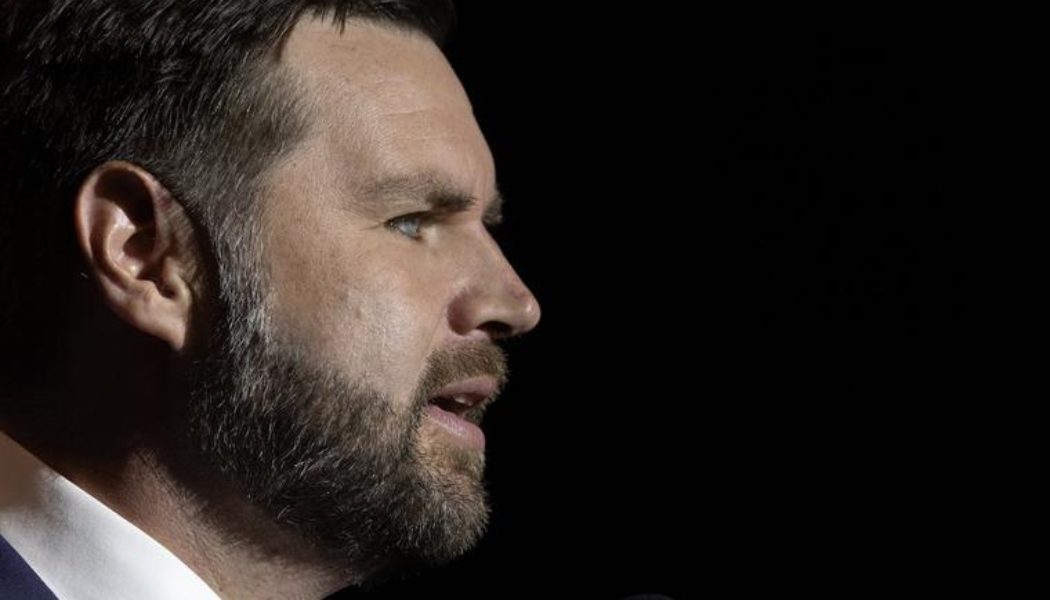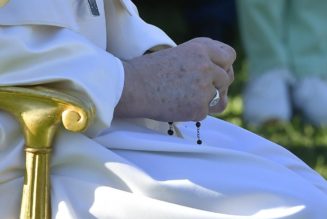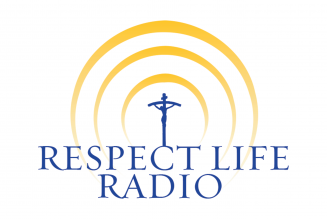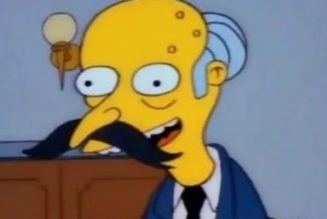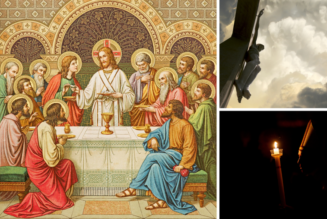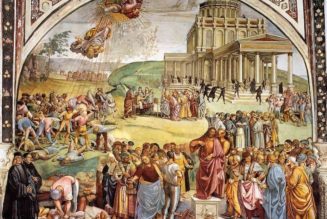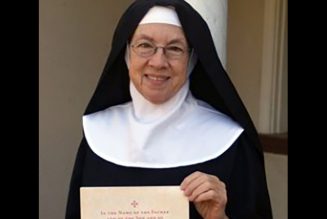
J.D. Vance is an election away from becoming the first Catholic vice president from the Republican Party.
But the Ohio senator, who is running alongside Donald Trump on the GOP ticket, is not your typical Catholic conservative — at least not the kind that has been the norm in American politics over the past half-century.
Instead, Vance is a self-described member of the “post-liberal right,” an upstart political movement that flips the conventional conservative script and emphasizes the good of the community over individual liberty. The controversial approach, which is both inspired by and contested within the Catholic Church, includes harnessing state power to secure its aims, another break from the standard operating procedure of the American right.
And if Vance is elected vice president, “post-liberalism” won’t merely shape federal policy in new and unprecedented ways. It’s also likely to have a major impact on the entire political outlook of the American right — perhaps especially among Catholic conservatives.
“I expect the election of a Trump-Vance ticket to give post-liberalism renewed intellectual energy,” said Bowling Green political theorist Kevin Vallier, who wrote a book on the rise of religious, anti-liberal political movements. Vallier anticipates a Vance vice presidency would lead to post-liberal ideas becoming “more commonplace” in conservative circles.
Post-liberalism, as its name suggests, is a rejection of liberalism. Liberalism refers not merely to the worldview of the American political left, but to a broader political philosophy that puts a premium on individual liberty and is arguably the dominant outlook in American political and social life.
Post-liberals argue that liberalism’s emphasis on freedom has come at the expense of America’s common good, leading to a broken, atomized society, the decimation of working-class communities, and ruling elites with no loyalty to their fellow citizens.
“The liberal ordering of the world is exhausting us,” contends Postliberal Order, a leading online publication of the movement.
In contrast to the innovation, internationalism and individualism of liberalism, post-liberals emphasize stability, nationalism and communal duty — themes that were evident in Vance’s acceptance speech last Wednesday.
In a break from the GOP of yesteryear, the vice-presidential contender criticized free trade and globalism, condemned the “disastrous” invasion of Iraq, where he served as a Marine, and denounced not only the “ruling class in Washington,” but also “Wall Street barons.” In contrast, Vance advocated for protectionist economic policies, military restraint, and prioritizing Americans before outsiders.
“Together, we will put the citizens of America first, whatever the color of their skin,” said the Yale Law grad, who commentators have said adds “philosophical heft” to Trumpian populism.
Like Vance, many of the leading lights of post-liberalism are Catholic. They include Gladden Pappin, a political theorist-turned-adviser to the Hungarian government; the journalist Sohrab Ahmari, co-founder of the anti-liberal Compact magazine; and Notre Dame political philosopher Patrick Deneen, author of two pivotal post-liberal texts, Why Liberalism Failed and Regime Change: Towards a Postliberal Future.
These figures all have clear ties with Vance, especially Deneen, who Vallier described as “the paradigm” of post-liberal thought. Vance appeared alongside Deneen at a 2023 discussion of Regime Change and borrowed the professor’s vocabulary when describing his political goals as “explicitly anti-elitist, explicitly anti-regime,” aimed at replacing the current slate of government bureaucrats with administrators deemed committed to America’s common good.
In a possible sign of their closeness, Deneen took to social media following Trump’s selection of Vance as his running mate to reiterate his recently established policy of not speaking with journalists. When reached by email, he declined comment for this story. (Pappin also did not respond to a request for comment.)
But the post-liberal thought leader did issue a statement, describing Vance as “the ideal choice” to carry Trump’s brand of populism forward.
“J.D. combines a dedication to domestic productivity, foreign policy realism, and a deep commitment to strengthening American families and the communities that sustain them,” said Deneen. “He is a man of deep personal faith and integrity, a devoted family man, a generous friend, and a genuine patriot.”
Some Catholics, however, worry that Vance, a recent convert, has fallen under the influence of thinkers who have their own agendas in mind. Three of them took to the pages of the Wall Street Journal on July 21 to express their concerns.
“We hope that Mr. Vance … will not be manipulated by a small, power-hungry faction inside the church he has joined,” they wrote.
Catholicism and Post-Liberalism
Catholic post-liberals draw heavily from Church teachings to make their case, particularly pre-conciliar popes like Pius IX and Leo XIII, who emphasized social and economic responsibilities to one’s community. Contemporary Catholic critics of liberalism, like the philosopher Alasdair MacIntyre, are also prominently cited in post-liberal works, as is the political thought of Aristotle.
Catholicism has long had its critics of liberalism and related ideologies like capitalism. But since John F. Kennedy’s election and the Second Vatican Council’s teaching on human rights in Dignitatis Humanae, American Catholics trying to advance political outcomes consistent with Church teaching have tended to do so within the liberal order — appealing, for instance, to religious-liberty protections, the right to life, and the importance of bringing about positive societal change via cultural change, not legal imposition. Figures who embraced this approach, like George Weigel, Michael Novak and Father John Neuhaus, defined the terms of conservative Catholic political engagement for decades.
That all began to change in 2016. The shocking populist victory of Donald Trump not only indicated major dissatisfaction with the liberal status quo, but also an opportunity for Catholic critics of liberalism to promote their vision in unprecedented ways. Post-liberalism — and the related, though more explicitly Catholic, political theory of Church-state relations known as integralism — has been especially popular among young conservative Catholics at elite universities and seminaries and even on Capitol Hill.
But post-liberalism’s critics are pushing back, especially conservative Catholics who advocate for working within the liberal order, not overthrowing it.
The authors of the recent Wall Street Journal letter argued that post-liberal thinkers depart from the Church’s teaching by diminishing the inalienable rights of persons and families, which are prior to the state.
“The frequent refrain of many post-liberals, including at times Sen. Vance, is that government should be used to reshape the private sphere in accord with their desires,” wrote the trio, which included Andrea Picciotti-Bayer of The Conscience Project, Richard Reinsch II of the American Institute for Economic Research and James Patterson of Ave Maria University.
Patterson, a political theorist, told the Register that “post-liberalism is an attempt to rehabilitate right-wing Catholic authoritarianism once prominent in Europe and Latin America during the late 19th and 20th centuries.” He added that post-liberals have pointed to the reign of figures like Portuguese dictator Antonio de Oliveira Salazar as “superior to the American Constitution.”
Additionally, many Catholics have criticized Vance’s recent support for access to the abortion pill, a compromise of his pro-life principles that was likely necessary to join Trump’s ticket. Critics contend that the move is inconsistent with the senator’s post-liberal appeals to the common good.
Other Catholic critics, like University of Tulsa philosopher Jennifer Frey, have argued that post-liberals are attempting to promote a stronger political community “by bullying everyone into it.”
“With all apologies to Deneen, I don’t think you can get Aristotelian ends by Machiavellian means,” Frey recently commented on X, formerly Twitter. “It does not work that way.”
Some Catholic post-liberals contend, however, that their prescriptions are simply a response to systemic hostility from American institutions and the elites who run them.
“What distinguishes yesterday’s religious conservatism from today’s religious populism is less a shift in principle than a change in circumstance,” said Matthew Schmitz, a co-founder of the anti-liberal magazine Compact. “As religious believers have been denounced as bigots and excluded from America’s leading institutions, they have naturally become more suspicious of their operation.”
Vance’s Post-Liberalism
Vance has intellectual influences other than Catholic post-liberals, such as neo-reactionary atheist philosopher Curtis Yarvin and the libertarian billionaire Peter Thiel.
But post-liberalism holds a unique place in the vice-presidential candidate’s intellectual wheelhouse, given its connection to his relatively new Catholic faith.
Vance explicitly cites the importance of post-liberal-adjacent Catholic perspectives in the story of his own conversion, such as St. Augustine’s account of the debauchery of the Roman elites in The City of God. Vance also told the Orthodox Christian conservative writer Rod Dreher that “his views on public policy and what the optimal state should be like are pretty aligned with Catholic social teaching” and that the Church’s teaching was “one of the things that drew” him to Catholicism in particular.
Vance has said that Augustine influences his policy positions, and the senator chose the doctor of the Church as his confirmation saint when he entered the Church in 2019. That conversion was facilitated by Dominican members of the Province of St. Joseph, something of an irony, given that the East Coast Dominicans have supported skeptical appraisals of post-liberalism, at least at the institutional level.
In another powerful indication of his post-liberal commitments, Vance took a break from the campaign trail during his tighter-than-expected race for the U.S. Senate in October 2022 to speak at a post-liberal conference being held at Franciscan University of Steubenville. The conference was organized by Ahmari and included figures like Deneen and Pappin as keynote speakers.
The post-liberal movement has been picking up steam in Catholic intellectual circles for years. But with an adherent like Vance an election away from the second highest office in the land, it has a chance to make a far bigger impact.
The significance of this moment was evident last Thursday, when Donald Trump referenced his new running mate at the Republican National Convention.
Looking over at Vance during his convention-closing speech, Trump shared some simple advice to his heir apparent:
“J.D., you’re going to be doing this for a long time, so enjoy the ride.”
If that’s the case, then Catholic conservatives should also prepare for a ride, one that could see the American right taken in a decidedly post-liberal direction..
